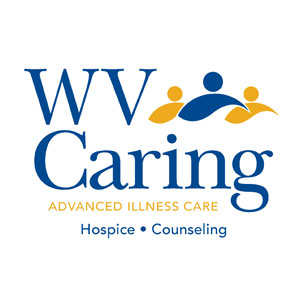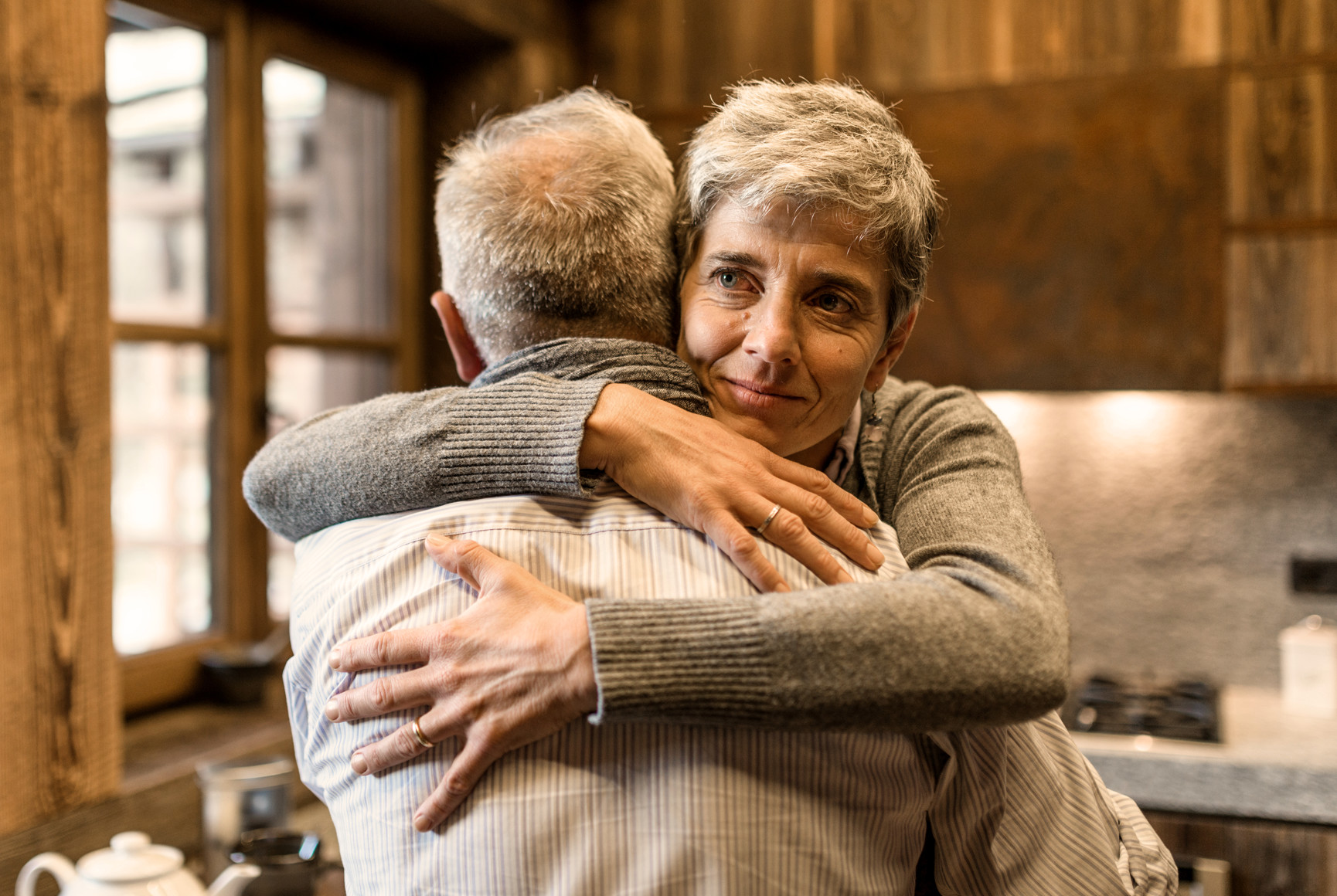Grief is a profoundly human response to loss and is reflected by different people in a variety of ways. Loss can be particularly devastating to a child as he or she attempts to rationalize their situation or learn to cope with feelings of pain. Adults, as well, grieve in ways that are personal to them. WV Caring is here to help. We capably address the grieving process, helping to identify the immediate concerns of the patient along with their family. Our support continues throughout their journey and bereavement care is available to them up to one year (12 months) after the loss.
Grief is Okay
Understanding the five stages of grief is of particular interest to our team of care providers in helping the grieving patient find relief. Coping methods after a loss are often coupled with emotional distress and, in more serious cases, depression. It is a common feeling to express sadness and anxiety over the loss of a loved one. We understand that grieving takes time, and that grief is not a one-size-fits-all hat. WV Caring doesn’t exist to simply “move you along” the path. We want to help in a way that’s best for you, that is on your timeline, and that utilizes all of our resources to help you recover.
Stages of Grief
Traditionally, there are typically five stages of grief which include denial, anger, bargaining, depression, and acceptance. The stages of grief are not to be viewed as a funnel––graduating from one stage to the next––but should be understood as a loose template for the emotions a person will experience in their own way.
Denial
The act of declaring something to be false. During denial, you may feel that your world is meaningless or that you are being overwhelmed.
Anger
A strong feeling of hostility. Anger over the loss of a loved one is okay. Other emotions such as disbelief, guilt, sadness, and shock are often shared under this category.
Bargaining
If your loved one has died, you may create the idea that it was all a dream, and bargain to wake up.
Depression
At this level, you are beginning to come to terms with your loss. You may begin to withdraw from your daily life, and though it is okay to take time for yourself, it is important to interact with someone during this time.
Acceptance
At this stage, you are beginning to accept the loss and ready to reinstitute positive daily practices.
Bereavement Support Groups
In our support groups, individuals can learn coping skills and gain insight into the grief process. Our support groups are held with others who have suffered a loved one’s loss. Group participants will gain knowledge of practical coping skills and gain insight into the grief process. For more information, visit our Grief Support Group online.
The WV Caring Way
Founded in 1983, our non-profit organization has been on the front lines of Grief Counseling for nearly four decades. We provide timely care to those in need, and in a way that best suits them. Additionally, WV Caring hosts an annual grief and loss camp to support West Virginia children who have lost someone in their life. Campers discover that their grief doesn’t have to change their love for the person, but gain new skills in order to move on in a healthier way. Camp Caring focuses on a child’s unique grieving process, utilizing fun activities, trained counselors, art therapy and other large and small group activities. The camp empowers each child to express their grief in order to successfully cope with the feeling of loss. To learn more, contact WV Caring’s main office at 304-864-0884.

